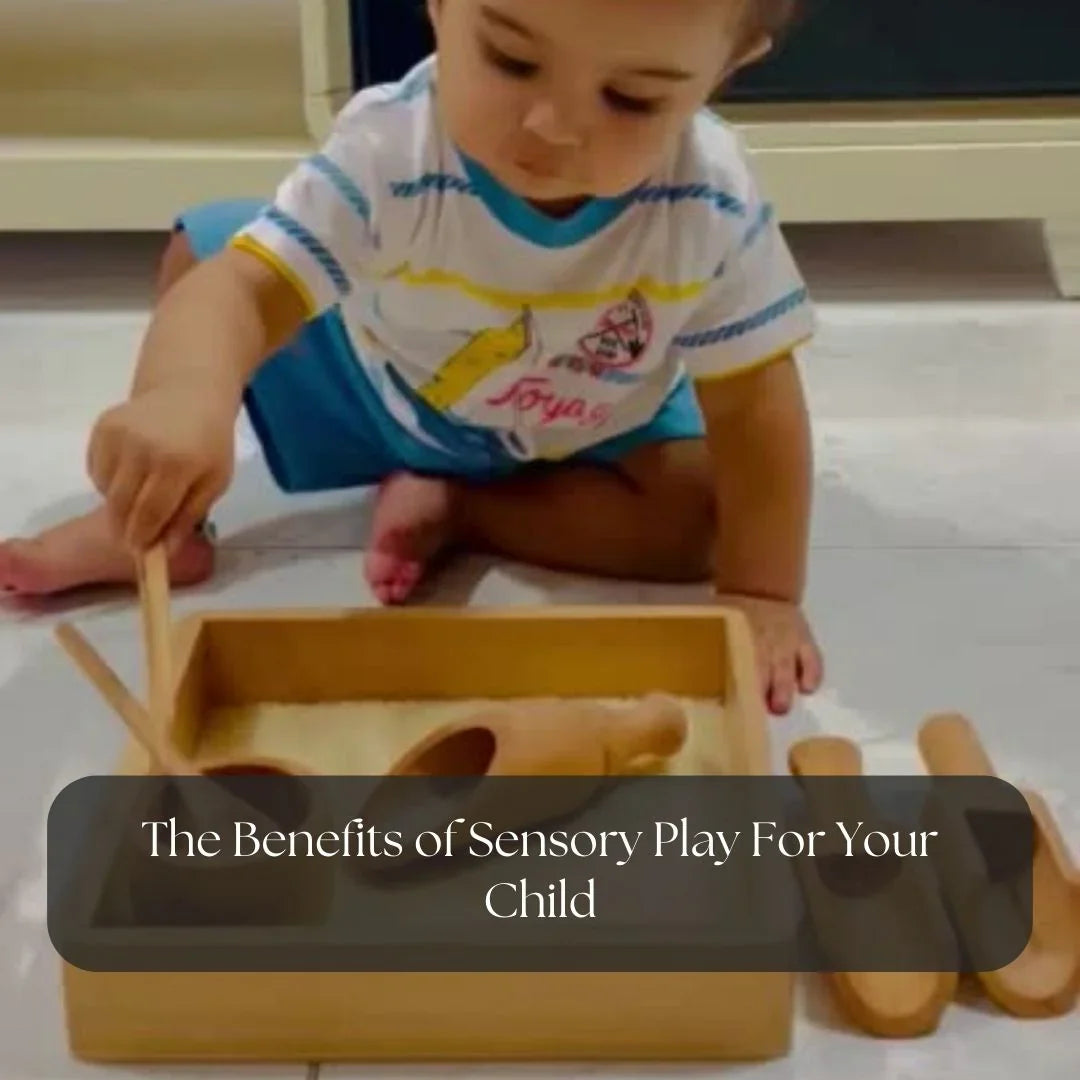Sensory play is a vital aspect of child development, providing a multitude of benefits for babies and toddlers. It involves engaging the five senses – sight, hearing, touch, taste, and smell – through various activities and experiences. By engaging their senses, sensory play helps children explore the world around them, build cognitive skills, and improve their emotional and social well-being.
Cognitive Development
- Sensory exploration: Sensory play invites children to explore their environment and discover different textures, sounds, tastes, smells, and sights. This hands-on exploration supports the development of their cognitive abilities and deepens their understanding of the world.
- Problem-solving: Many sensory play activities require problem-solving, like figuring out how to create a specific texture or sound. This process helps children strengthen their critical thinking and problem-solving skills.
- Memory and concentration: Sensory play can help improve children's memory and concentration skills. They learn to remember patterns, sequences, and sensory experiences.
- Language development: Sensory play helps children build their language skills by introducing them to new words and concepts as they explore different textures, sounds, and experiences.
Emotional and Social Development
- Stress reduction: Sensory play can be a soothing and calming activity, helping children relax and reduce stress or anxiety.
- Emotional expression: Sensory play can help children express their emotions in a healthy and constructive way.
- Social interaction: Sensory play activities provide a wonderful opportunity for children to interact with their peers, helping them develop important social skills like sharing, communication, and cooperation.
- Self-regulation: Sensory play can help children develop self-regulation skills by teaching them how to manage their impulses and emotions, fostering better control over their reactions.
Physical Development
- Fine motor skills: Many sensory play activities involve handling small objects and manipulating materials, which helps children develop their fine motor skills and improve hand-eye coordination.
- Gross motor skills: Some sensory play activities, like playing in a sensory bin or crawling through a tunnel, help children develop their gross motor skills by encouraging movement and physical coordination.
- Coordination: Sensory play can help improve children's coordination and balance.
Sensory Play Activities
There are countless sensory play activities that you can do with your child. Here are a few ideas:
- Sensory bins: Fill a container with different materials like sand, rice, water, or beans, and allow your child to explore and play, engaging their senses and encouraging hands-on learning.
- Playdough: Playdough is a classic sensory play activity that can be used to create shapes, textures, and patterns.
- Water play: Fill a tub or basin with water and give your child toys, cups, and other objects to explore, letting them have fun while developing their sensory and motor skills.
- Painting: Painting is a great way to explore colors and textures. Use different types of paint, such as finger paint, tempera paint, or watercolors.
- Outdoor play: Take a stroll through nature and let your child experience different sensory sensations, like the softness of grass, the scent of flowers, and the sound of birds chirping, all while connecting with the natural world.
Tips for Sensory Play
- Safety first: Always supervise your child during sensory play activities to ensure their safety, keeping an eye out for any choking hazards or other potential dangers.
- Variety is key: Offer your child a variety of sensory play experiences to keep them engaged and interested.
- Follow your child's lead: Let your child explore at their own pace and follow their interests.
- Incorporate sensory play into everyday activities: Look for ways to include sensory play in your child's daily routine, like during cooking, gardening, or bath time, to make everyday activities both fun and educational.
By incorporating sensory play into your child's life, you can provide them with a valuable learning experience that will benefit them for years to come. Sensory play is a fun and engaging way for children to explore the world around them, develop their cognitive skills, and enhance their emotional and social well-being.










